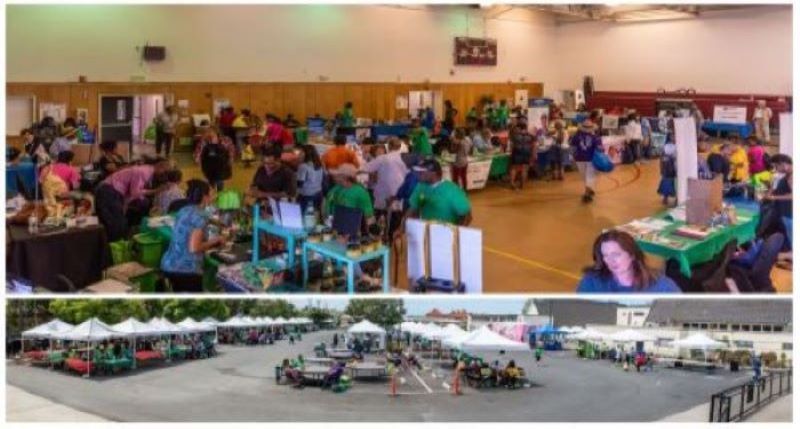March 2023 - Colorectal Cancer Awareness Month
A colonoscopy is one of several screening tests for colorectal cancer. Talk to your doctor about which test is right for you.
The U.S. Preventive Services Task Force (Task Force) recommends that adults age 45 to 75 be screened for colorectal cancer. The decision to be screened between ages 76 and 85 should be made on an individual basis. If you are older than 75, talk to your doctor about screening. People at an increased risk of getting colorectal cancer should talk to their doctor about when to begin screening, which test is right for them, and how often to get tested.
Several screening tests can be used to find polyps or colorectal cancer. The Task Force outlines the following colorectal cancer screening strategies. It is important to know that if your test result is positive or abnormal on some screening tests (stool tests, flexible sigmoidoscopy, and CT colonography), a colonoscopy test is needed to complete the screening process. Talk to your doctor about which test is right for you.
Stool Tests
- The guaiac-based fecal occult blood test (gFOBT) uses the chemical, guaiac, to detect blood in the stool. It is done once a year. For this test, you receive a test kit from your health care provider. At home, you use a stick or brush to obtain a small amount of stool. You return the test kit to the doctor or a lab, where the stool samples are checked for the presence of blood.
- The fecal immunochemical test (FIT) uses antibodies to detect blood in the stool. It is also done once a year in the same way as a gFOBT.
- The FIT-DNA test (also referred to as the stool DNA test) combines the FIT with a test that detects altered DNA in the stool. For this test, you collect an entire bowel movement and send it to a lab, where it is checked for altered DNA and for the presence of blood. It is done once every three years.
Flexible Sigmoidoscopy
For this test, the doctor puts a short, thin, flexible, lighted tube into your rectum. The doctor checks for polyps or cancer inside the rectum and lower third of the colon.
How often: Every 5 years, or every 10 years with a FIT every year.
Colonoscopy
This is similar to flexible sigmoidoscopy, except the doctor uses a longer, thin, flexible, lighted tube to check for polyps or cancer inside the rectum and the entire colon. During the test, the doctor can find and remove most polyps and some cancers. Colonoscopy also is used as a follow-up test if anything unusual is found during one of the other screening tests.
How often: Every 10 years (for people who do not have an increased risk of colorectal cancer).
CT Colonography (Virtual Colonoscopy)
Computed tomography (CT) colonography, also called a virtual colonoscopy, uses X-rays and computers to produce images of the entire colon, which are displayed on a computer screen for the doctor to analyze.
How often: Every 5 years.
How Do I Know Which Screening Test Is Right for Me?
Each test has advantages and disadvantages. Talk to your doctor about the pros and cons of each test, and how often to be tested. Which test to use depends on—
- Your preferences.
- Your medical condition.
- Your personal or family history of colorectal cancer or colorectal polyps.
- If you have a genetic syndrome.
- The resources available for testing and follow-up.
Insurance Coverage
Colorectal cancer screening tests may be covered by your health insurance policy without a deductible or co-pay. Check with your plan to find out which tests are covered for you.
Resources
For more information: Visit https://www.cdc.gov/cancer/colorectal. Call 1-800-CDC-INFO (1-800-232-4636). For TTY, call 1-888-232-6348.
Source: Division of Cancer Prevention and Control, Centers for Disease Control and Prevention


